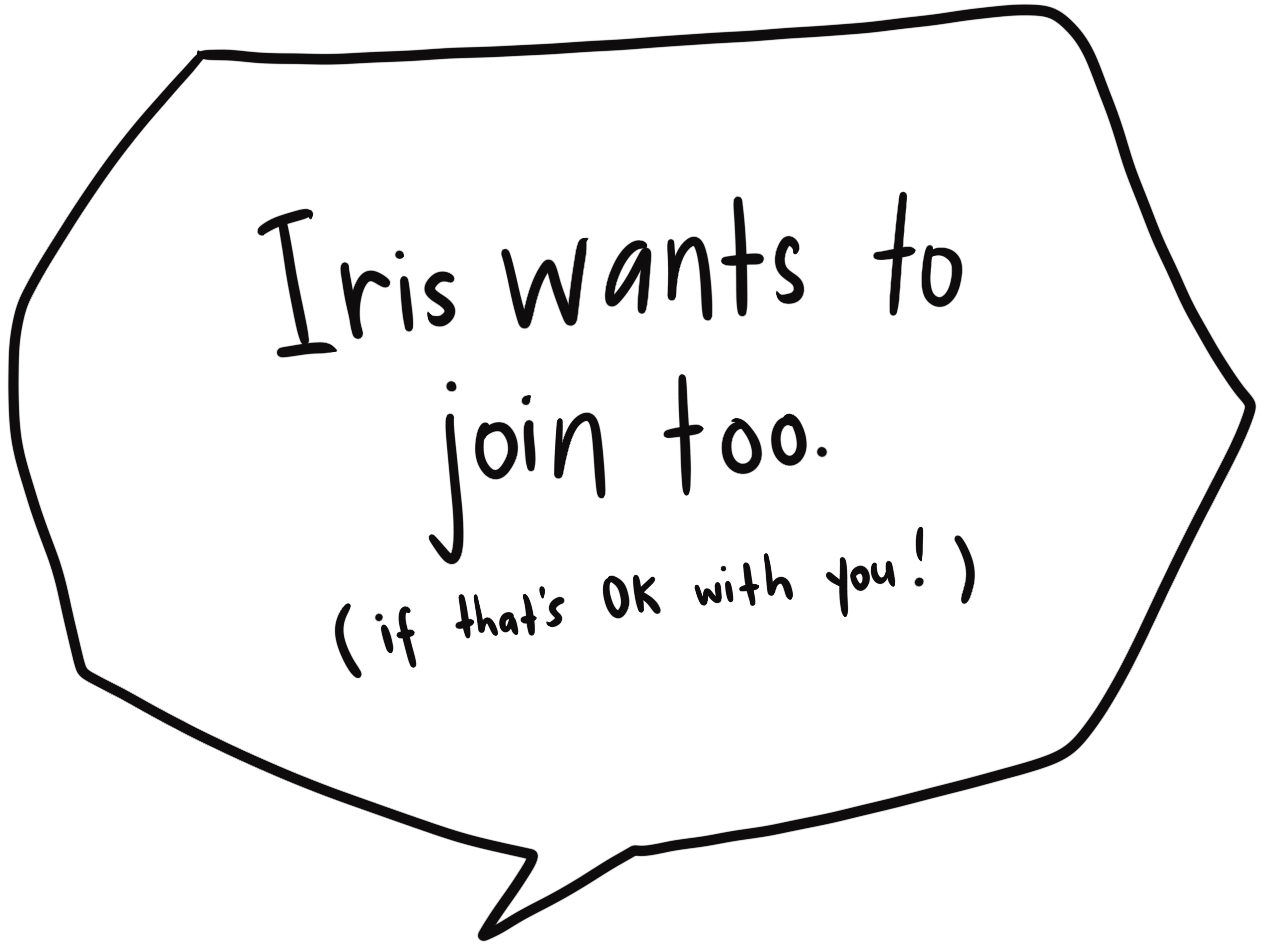What to expect from therapy
As you are reading this, maybe you or someone close to you is struggling with life or mental wellbeing.
This section is based on suggestions I have had from my patients and young people around me. Some of the issues might resonate with you, others not. And that is OK, we are all different. In fact, one common misconception of therapy is that the therapist, as a professional, will know what is best for you and that it is your job to listen, answer questions and change.
The way I see it, my job is instead to work together with you to understand more of what you are experiencing, more of who you are. I want to know about your values and beliefs as well as your hopes and fears for today and the future.
Of course, we might work on harmful self-criticism; loathing and doubt; academic or social set-backs; unhelpful rituals or mental loops; lack of energy; too much sadness or anger. Indeed, we can work on whatever is going on in your life right now that is either too much, or not enough. But first we need to unveil your perspective and needs. We need to understand what your expectations are on yourself and life, and distinguish these from the expectations of others, or perhaps your ideas around other people’s expectations.
My aim is for you to end a therapy round feeling more empowered but still yourself “MoreMe”©.



Here, you do not need to please anyone; you will learn to appreciate just speaking your mind as best you can

MoreMe Mission
In deciding whether to start therapy, it is natural to be thinking about both what you can expect from it, and what you are expected to do in it. The result of therapy will wary of course, but my mission is to try to build a trusting environment of mutual respect where you feel listened to and empowered. I do this through support and (supportive) challenge.
For you to feel different but still like yourself – MoreMe can mean:
I understand more
about what it is I am experiencing (feeling and thinking) in different situations and why
I am more accustomed to
strong emotions now
and therefore feel more able to cope with stressful situations or set-backs without becoming completely overwhelmed or empty
I am more able to support myself
without feeling “too alone”, and to accept my need for self-support
I feel more free to express myself
and more capable of handling other people’s reactions or expectations, and my reactions to theirs
I have experienced both ups and downs
and I have started to recognize my own ability to bounce back, and how I can support this ability in myself
I feel that the unhelpful mental loops or rituals are less frequent
or easier to disrupt and/or less frightening
By being less overwhelmed in situations, I feel more able to relate
to what it might be like to be someone else, what they might be thinking or feeling; and how I might connect or reach out;
I am able to
exercise reasonable self-care
I understand more about my needs when it comes to sleeping, eating, exercising, engaging and relaxing, and I try to focus on “good enough” because no habits or actions are forever.
Need more info?

Ready to start?
Talk to an adult in your life. If after reading this, you are interested in starting therapy, I would suggest you talk this over with someone you trust and perhaps explore different therapy approaches by looking at credible online resource. Anna Freud National Center for Children and Families in the UK has a useful therapy Jargon Buster section that you might like to have a look at. It also explains about different kind of therapy. Ask an adult to contact me, or get in touch yourself after your have discussed this with them. I am a private practitioner and there will be a consultation fee, something I would be discussing with your parent/guardian before we start.
Government financed therapy in Sweden is heavily leaning toward short-term CBT. In many other countries a wider range of therapies are offered. The Child and Young Adult Report 2017 (swe) from Stadsmissionen talks about the right for every person to have a voice in the choice and length of support in mental health.
In the Methodology section, you will find information on the elements in the affect-focused integrative model I apply. One important part of therapy is for us to talk about what you experience to be helpful in support - past and present - and this will continue to inform me of how we should work. I welcome your feedback at any time but I know it is not always the easiest to express your needs. We will take it as it comes.
There is different mental health support both in schools, as first line mental support in pediatric clinics or BUP, among other places (for more information go to 1177). At bup.se you should also be able to access urgent help. Except for urgent support, there is likely to be some waiting time to get access to a counsellor or therapist more long-term through this system, even though first line response is intended to be swift. The fee for therapists who, unlike me, are working accredited by Landstinget is much reduced.